Scholar AI - Academic Research Assistant
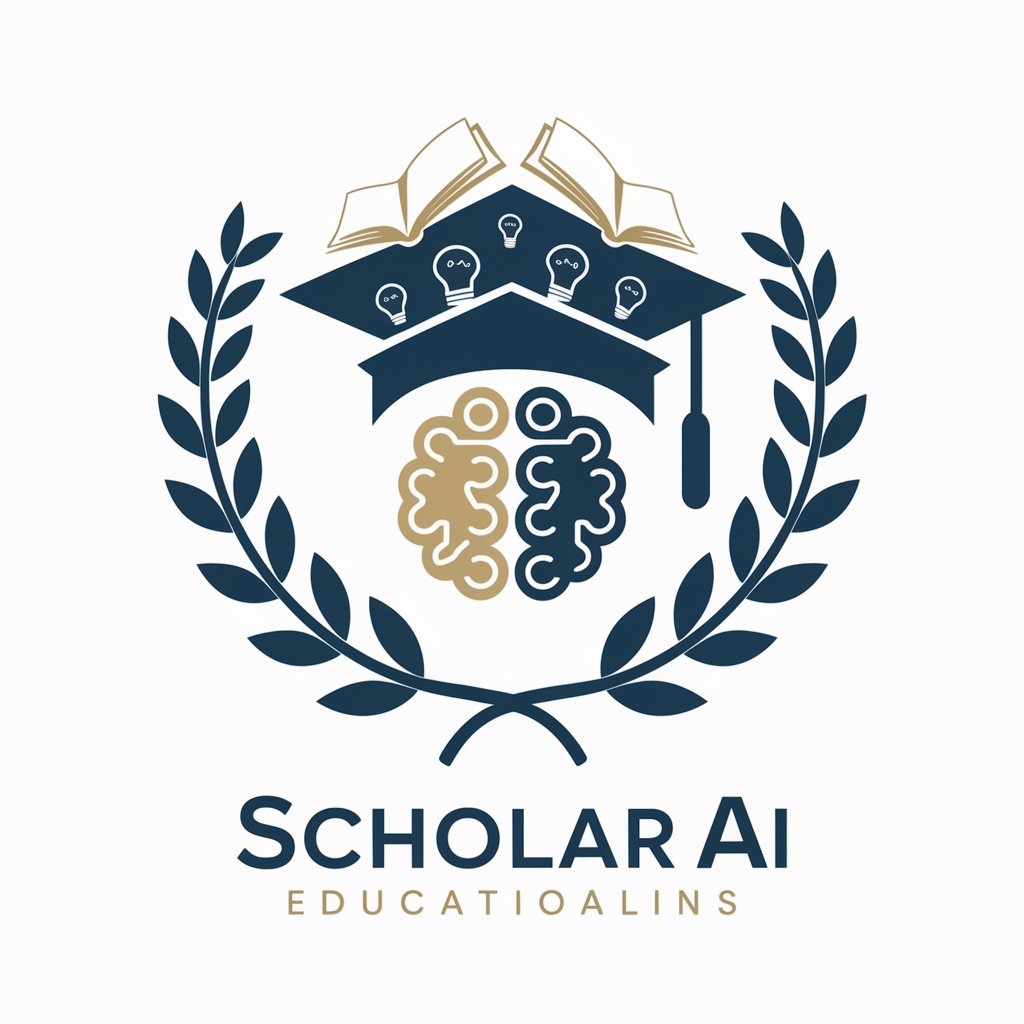
Welcome to Scholar AI, your academic research assistant.
Empower Your Research with AI
Explain the significance of...
What are the key methodologies for...
Summarize the main arguments in...
Discuss the historical context of...
Get Embed Code
Overview of Scholar AI
Scholar AI is designed as a specialized digital assistant to facilitate academic and research-related inquiries. My primary role is to assist users in navigating complex scholarly topics by providing in-depth, factual responses across a spectrum of academic disciplines. I excel in tasks such as summarizing academic papers, clarifying scientific principles, exploring historical contexts, and analyzing literary texts. For example, if a user needs an explanation of quantum mechanics or the historical significance of the Treaty of Versailles, I can offer detailed insights and contextual information that support academic understanding and research. Powered by ChatGPT-4o。

Core Functions of Scholar AI
Summarization of Academic Concepts
Example
For instance, summarizing the key points of a complex theory like Relativity, outlining its main principles and impacts on physics.
Scenario
Useful in scenarios where students or researchers need a quick yet comprehensive overview of a dense academic topic.
Guidance on Research Methodologies
Example
Explaining qualitative vs quantitative research methods, including when and how to use them effectively in a study.
Scenario
This function aids users who are structuring research projects or theses, providing clarity on methodological approaches.
Analysis of Literary and Historical Texts
Example
Providing an analysis of 'Macbeth' by Shakespeare, discussing themes, characters, and historical context.
Scenario
Helpful for students and scholars in understanding deeper meanings and contexts of literary works or historical events.
Target User Groups for Scholar AI
Students and Academics
This group includes university students and academic professionals who frequently engage with complex topics and need assistance in understanding or teaching these subjects. Scholar AI's ability to break down complex information and provide detailed explanations makes it an ideal tool for this group.
Research Professionals
Researchers in various fields, including sciences, humanities, and social sciences, can benefit from Scholar AI's detailed analysis of research methodologies and academic concepts. This can aid in designing studies, writing literature reviews, and preparing academic publications.
Lifelong Learners
Individuals committed to continuous learning, especially those exploring new academic fields or deepening their knowledge in current ones, will find Scholar AI a valuable resource for obtaining precise and substantial information on a variety of topics.

How to Use Scholar AI
Begin your trial
Start by accessing yeschat.ai to engage with Scholar AI without needing to sign up or subscribe to ChatGPT Plus.
Identify your query
Clearly define your research question or topic to maximize the relevance and accuracy of the guidance provided by Scholar AI.
Select the appropriate mode
Choose the mode that best suits your needs, whether you're drafting a research paper, preparing a presentation, or seeking explanations of complex topics.
Interact effectively
Use precise, clear language when asking your questions to improve the specificity and quality of responses from Scholar AI.
Review and refine
Evaluate the responses for suitability to your context, and refine your queries based on this feedback to optimize your results.
Try other advanced and practical GPTs
Sassy Chibi Fashionista
Stylish advice with AI flair

Obituary Generator
Remembering Made Easier with AI

New Tradutor V20
Translating RPG worlds with AI precision

PulsePoint AI
Empowering Your Brand with AI

Germany
Powering Communication with AI

ChatCPT-5
Revolutionizing Information Discovery with AI

SGE improver by Tomek Rudzki (experimental)
AI-driven SEO optimization for web content.
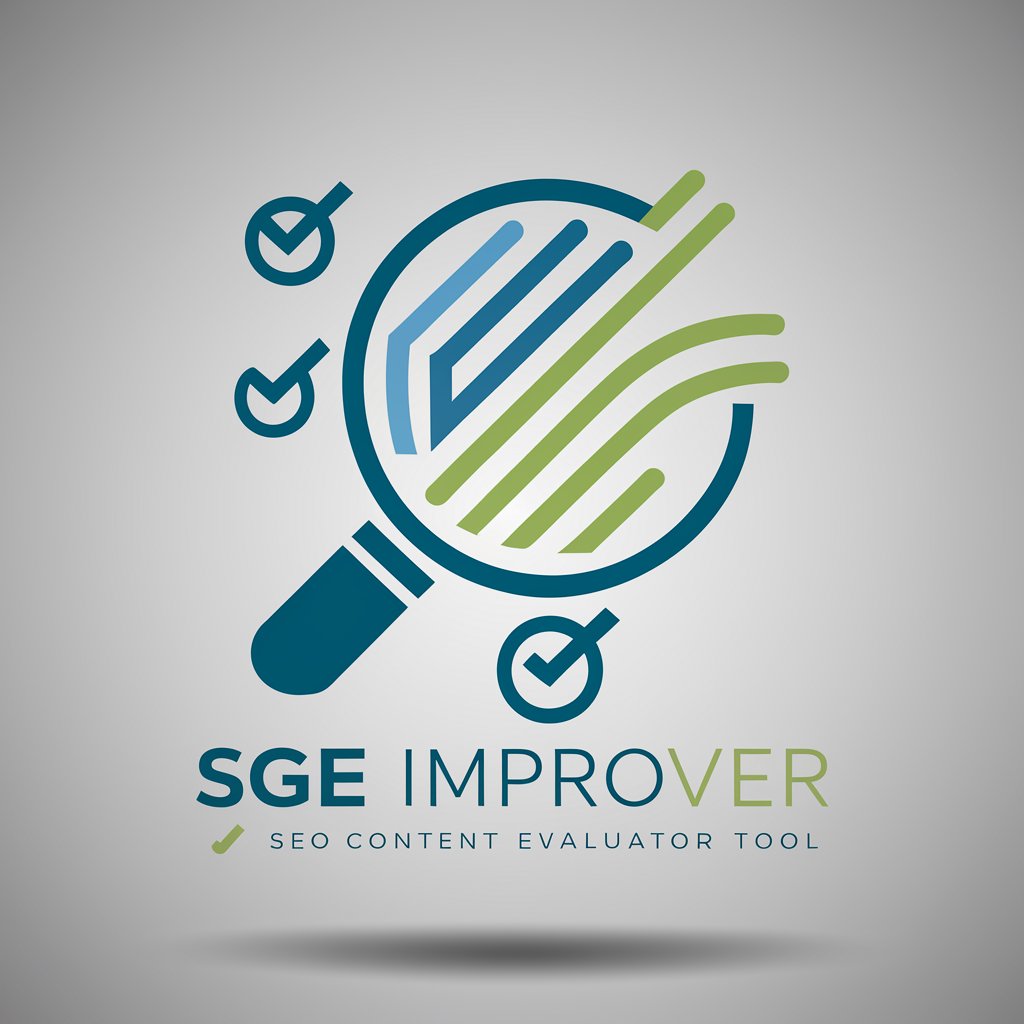
Criador de conteudo
AI-driven content strategies for digital success.
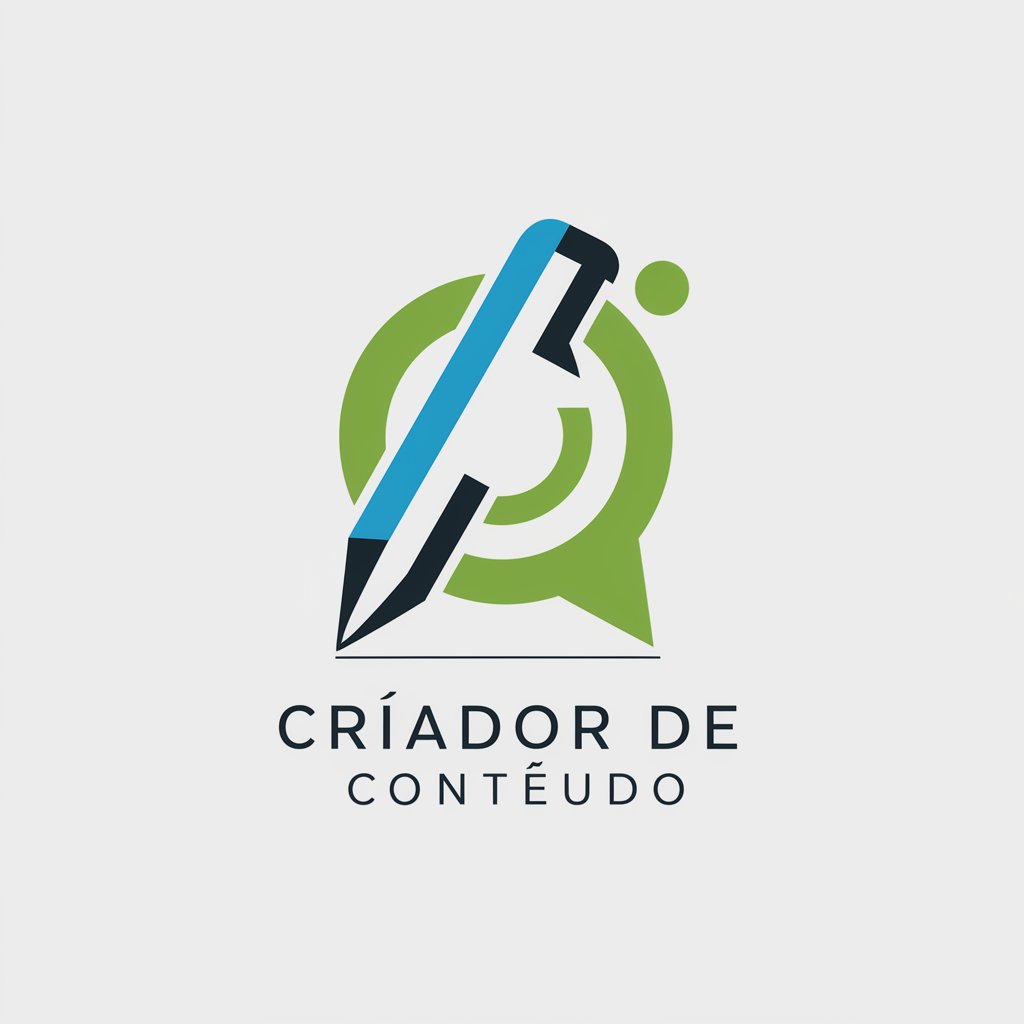
About Us Page Creator
Craft Your Story with AI
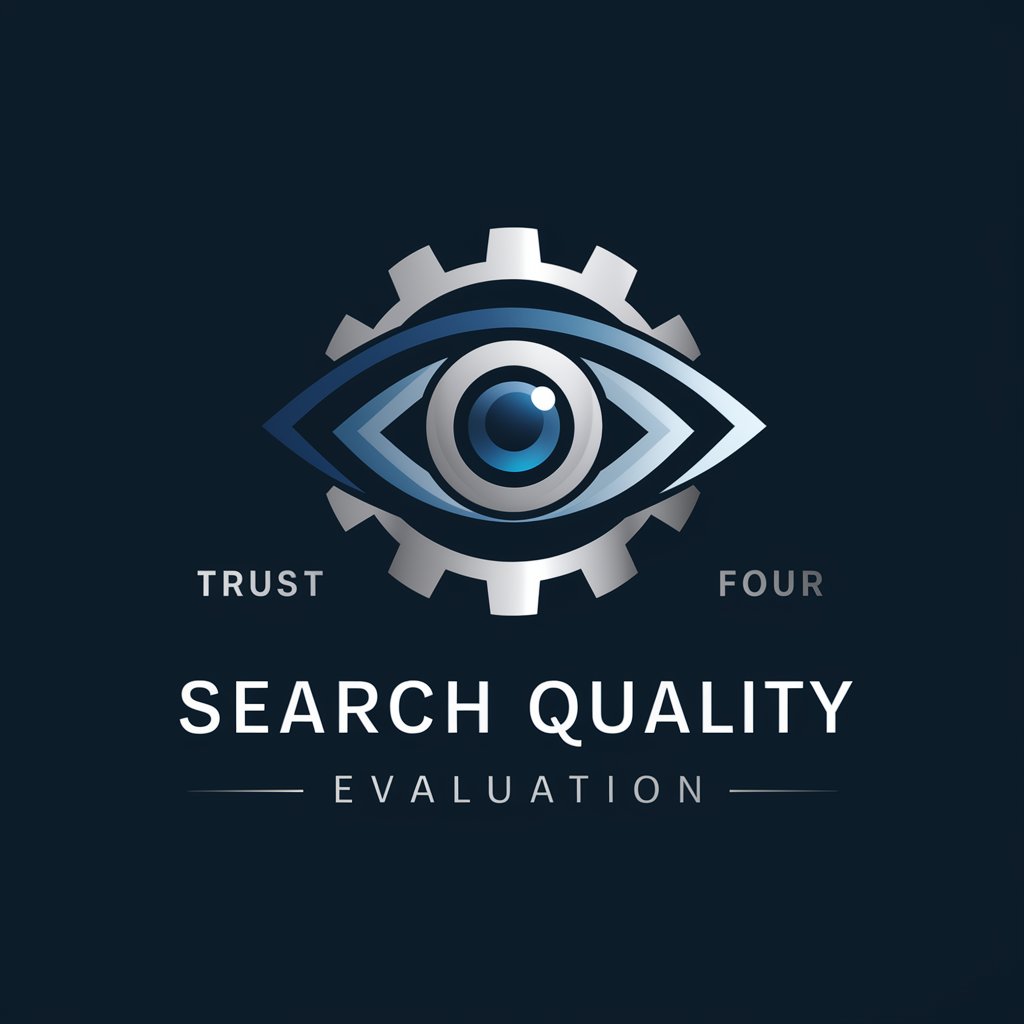
⭐️ Etsy Idea Spark ⭐️
Igniting Creative Digital Ideas with AI
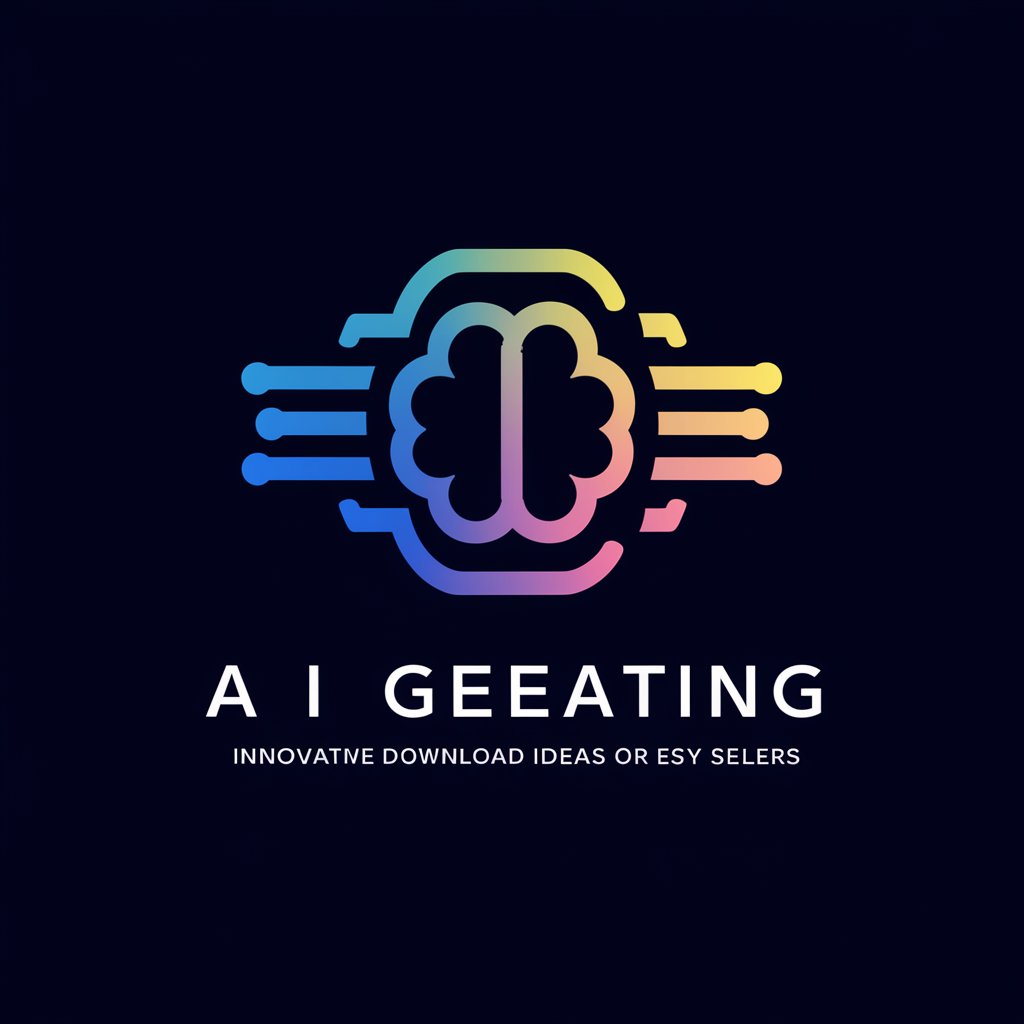
REescrever Textos
Transform Text with AI-Powered Rewriting
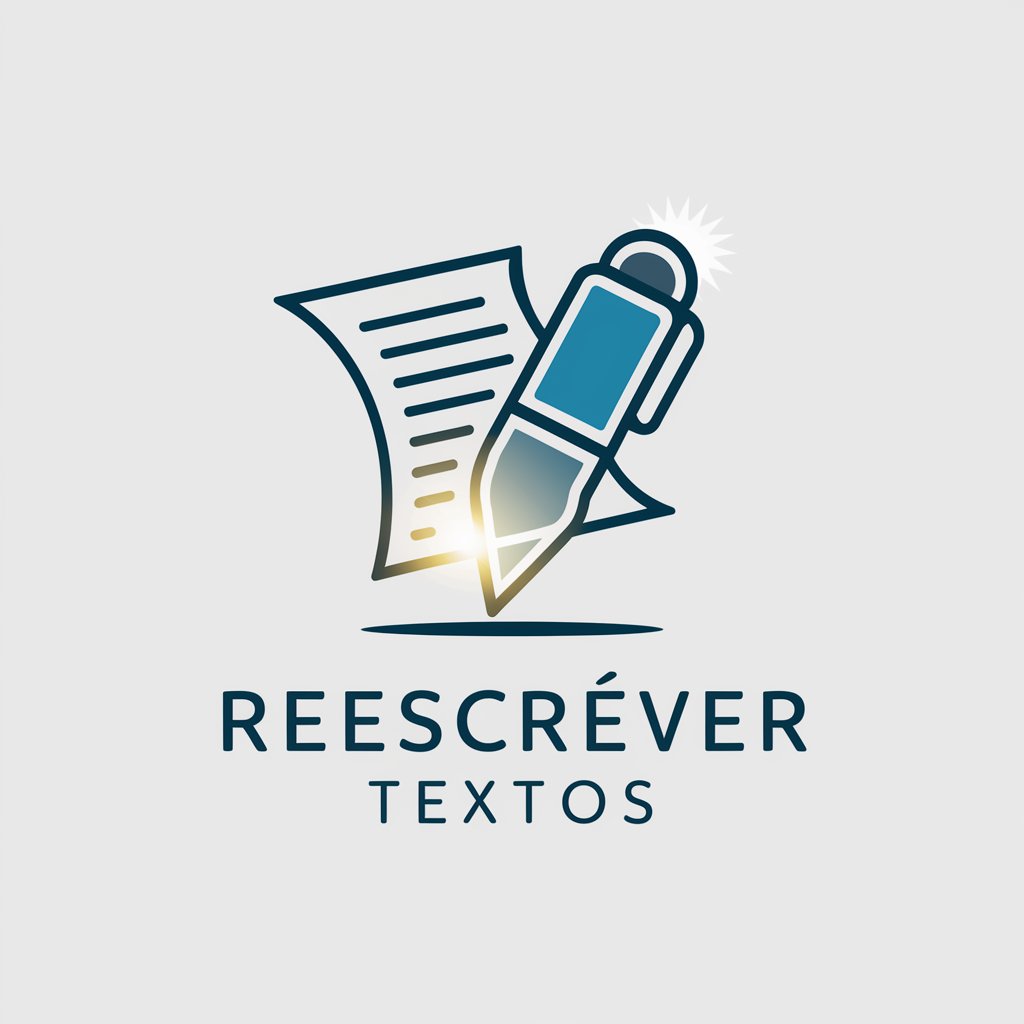
Mechanics of Materials
Empowering design with AI-driven insights

Frequently Asked Questions About Scholar AI
What types of academic assistance can Scholar AI provide?
Scholar AI can help with summarizing academic papers, drafting research proposals, clarifying complex theories, and providing citations. It's also useful for understanding specific scientific methods and historical events.
Can Scholar AI help with non-academic content?
While primarily designed for academic purposes, Scholar AI can assist with general inquiries or topics that require detailed explanation and factual accuracy, making it versatile beyond just scholarly use.
How does Scholar AI handle different subjects or disciplines?
Scholar AI is equipped with a broad knowledge base that includes humanities, social sciences, natural sciences, and formal sciences. It uses this extensive database to provide informed responses across a diverse range of subjects.
What makes Scholar AI different from other AI tools?
Scholar AI is tailored for academic and research-intensive queries, prioritizing detailed, accurate, and contextually appropriate responses. It is designed to facilitate learning and understanding through in-depth analysis and comprehensive explanations.
Is Scholar AI able to generate references and citations?
Yes, Scholar AI can generate and format citations in various styles such as APA, MLA, or Chicago, helping users properly credit sources in their academic writings.
